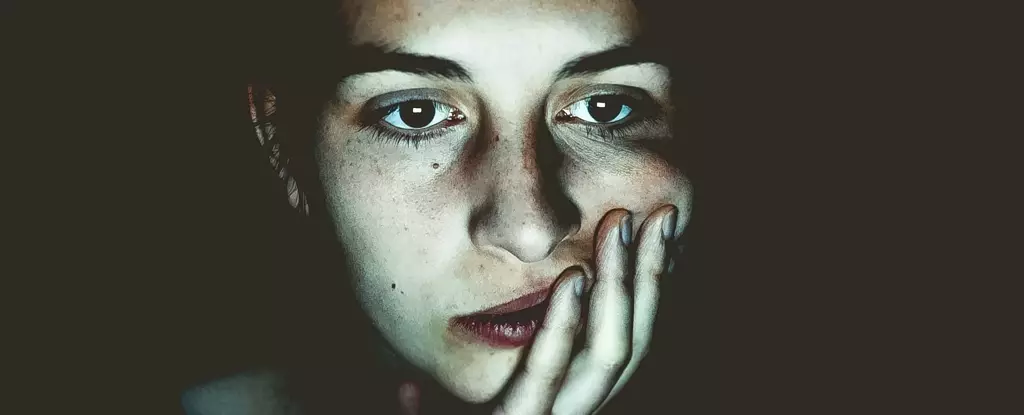In our fast-paced, always-connected world, sleep often takes a backseat to other priorities. While many are familiar with the dreaded feeling of grogginess after a sleepless night, some individuals have turned this inconvenience into a spectacle. Recently, a phenomenon known as the “no-sleep challenge” has garnered attention on social media platforms. This challenge, which involves intentionally staying awake for extended periods, raises questions about health, safety, and the societal norms surrounding sleep.
One notable participant in this challenge is Norme, a 19-year-old YouTuber who live-streamed his attempt to break the record for consecutive hours without sleep. By reaching 264 hours—over eleven days—he captured an audience’s intrigue and concern alike. Despite claims of having set a new record, Norme fell short of the historical benchmark of 453 hours set by Robert McDonald in 1986, a feat that Guinness World Records subsequently ceased to monitor due to safety concerns. This evolution in record-keeping reflects a growing recognition of the severe health risks associated with extreme sleep deprivation.
Sleep is an essential aspect of human health. It is during this time that our bodies undergo vital restorative processes. The sleep cycle consists of several stages, each contributing to our overall well-being. The first stages activate the parasympathetic nervous system, leading to lowered heart rates and reduced blood pressure. Conversely, REM (Rapid Eye Movement) sleep, the final stage of the cycle, enhances cognitive functions such as memory and creativity. Conversely, poor sleep quality induced by substances like caffeine and alcohol can disrupt these vital processes.
Scientific studies advocate for adults to acquire between seven to nine hours of quality sleep each night. Chronic sleep deprivation has been linked to numerous health conditions, including diabetes, obesity, and depression. Moreover, extended periods without adequate rest can manifest in acute symptoms, signifying not only a temporary state of fatigue but also an immediate threat to one’s health.
Sleep deprivation is categorized as either acute or chronic. Acute deprivation occurs over short time frames and can significantly impair cognitive and physical performance. Interestingly, research indicates that one sleepless night can cause functional impairments comparable to being under the influence of alcohol. Common symptoms of acute deprivation include irritability, cognitive decline, and cravings for unhealthy food, leading to a cycle of poor dietary choices.
As the deprivation extends, symptoms escalate, resulting in profound behavioral changes and lapses in cognitive abilities. In some instances, the body will resort to “microsleeps,” brief involuntary naps that occur even during waking hours. By the third day of sustained wakefulness, one may experience hallucinations and an overwhelming desire to sleep, culminating in severe psychological effects.
While the immediate effects of insomnia can be alarming, the long-term consequences are equally concerning. Frequent sleep deprivation can lead to significant health disparities, such as increased risk of chronic diseases and diminished life expectancy. Surprisingly, both insufficient sleep and excessive sleep have been linked to higher mortality rates. This paradox emphasizes the need for balanced sleep routines rather than extreme challenges that glamorize sleep deprivation.
The case of night shift workers exemplifies ongoing struggles with sleep deprivation. These individuals often grapple with one to four hours less sleep each day than daytime workers, which can amplify health risks and potentially reduce longevity. The search for the ideal sleep pattern becomes even more critical in a society that often celebrates sleeplessness as a badge of honor.
As social media continues to encourage trends that can negatively impact our well-being, it’s vital to prioritize practices that support good sleep hygiene. Rather than engaging in dangerous challenges, individuals should strive for consistency in their sleep schedules, aiming for the recommended seven to nine hours of restful sleep.
Investing in one’s health through proper sleep not only enhances daily functioning but also reduces the risk of serious health issues. So, before diving into the next trendy “no-sleep challenge,” consider whether the short-lived fame is worth the long-term consequences. Your body will undoubtedly thank you for making informed choices about sleep.


Leave a Reply